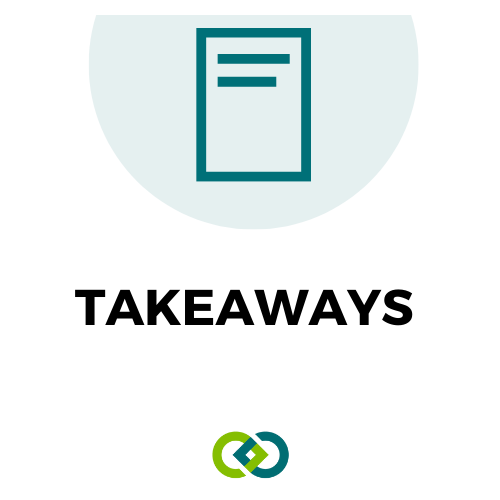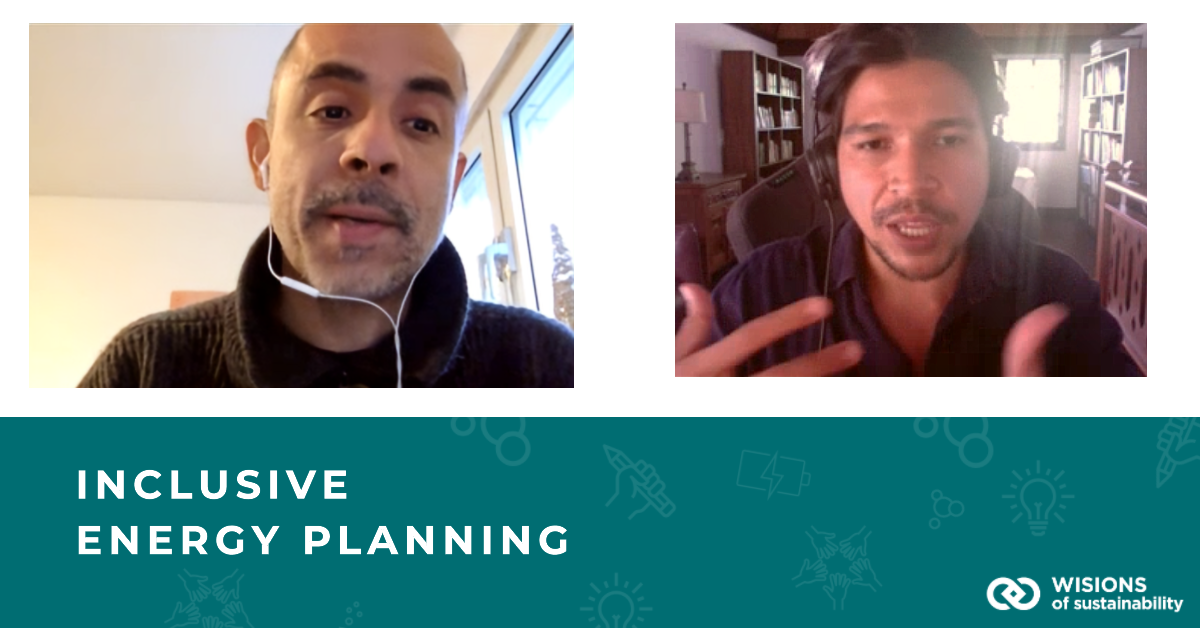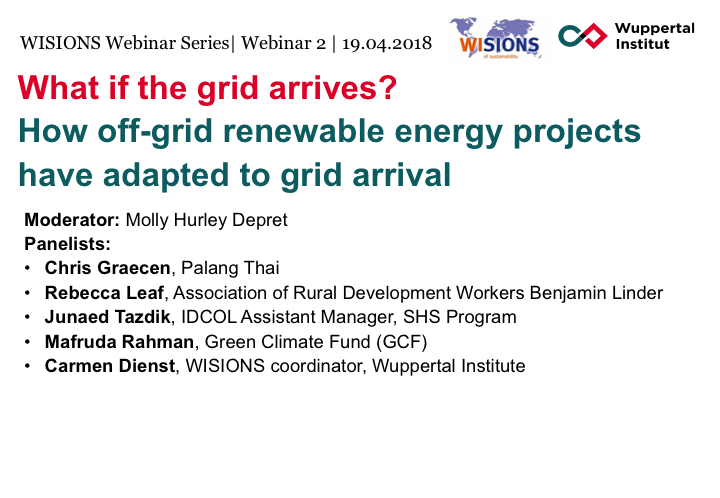Setting the Scene
Maximising the impacts of energy access on people's development opportunities
Maximising the impacts of energy access on people's development opportunities
This digital seminar is the first in our series produced in cooperation with the ACCESS Coalition’s Learning Group, which focuses on how to maximise the development effects of energy access.
It is increasingly recognised that energy is inextricably linked to virtually all the SDGs. Although there is an active debate on the approach to take to accelerate achieving the universal energy access goal, there has been less focus on the question of how to maximise the development effects of energy access.
This first seminar sets the scene for the series by exploring – together with our speakers – those aspects that are crucial for maximising contributions to multiple SDGs.

During the discussion, the role of access to clean energy was established as a key factor for enhancing people’s wellbeing, ensuring the effective functioning of crucial infrastructure and improving the environmental performance of energy systems. Deploying the synergies of energy access starts by recognising the strategies already used by a community.
Key aspects to consider for co-designing impactful energy interventions:
You can find the slides used in the seminar on the right hand side. Have a look at the next seminar of the series that focusses on Understanding Communities.
Further Materials:
An analysis by the WISIONS team of the actual contribution that small-scale energy projects can make to the sustainable development of households and communities:

You might also be interested in

08 December 2022
The fourth edition asks how local aspirations and opportunities can be integrated in energy planning and policy processes.

19 April 2018
This webinar is the second part of WISIONS Webinar Series, which...